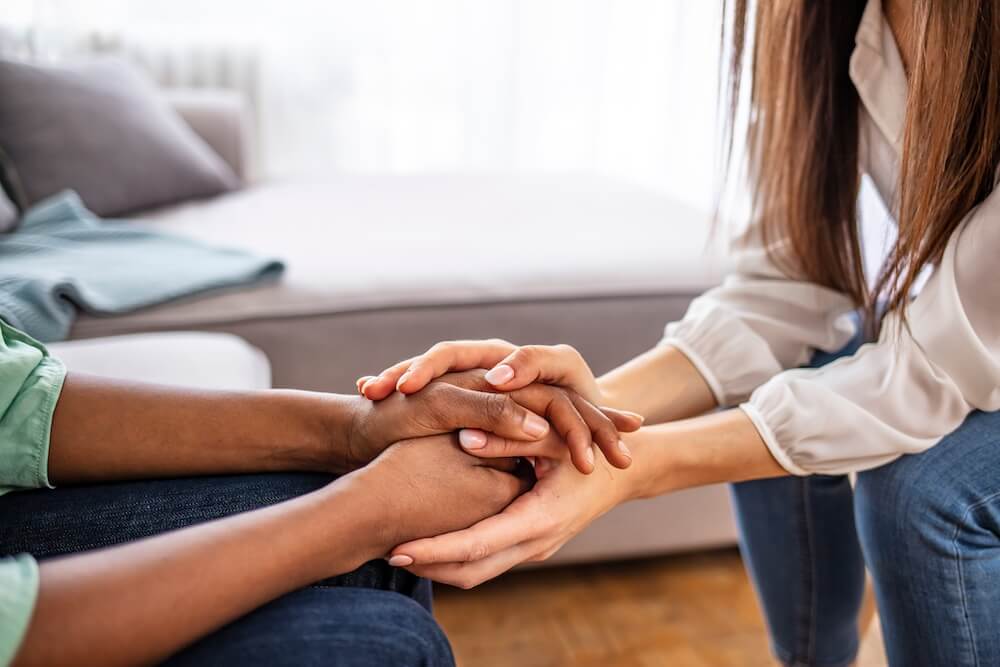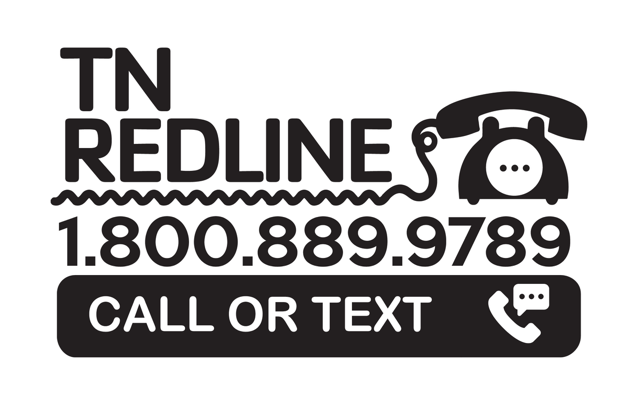A Friend or Family Member Needs Help
If you have a friend or family member who is grappling with a gambling addiction, you’re not alone in your concern and the emotional challenges that come with it. The impact of gambling addiction can be devastating, affecting not only the individual but also those closest to them including their partners and family.
At The Gambling Clinic® in Memphis, TN, we understand these challenges and are committed to providing you with comprehensive support and guidance on how to help a person with a gambling problem in the family. Our clinic offers a range of resources and strategies tailored to assist your loved one in overcoming their addiction. From educational materials about gambling disorders to referrals for counseling and treatment programs, we are here to empower you with the tools necessary to navigate this difficult journey. Understanding the complexities of gambling addiction is key to offering effective support, and our team is dedicated to helping you every step of the way.
Together, we can work towards helping your loved one regain control of their life and achieve lasting recovery.

Will They Accept My Help?

Whether a friend or family member will accept help for their gambling addiction can vary greatly from person to person. It’s important to understand that gambling addiction is a complex issue, and individuals struggling with it may be resistant to change or simply not ready to confront their problem.
However, there are several steps you can take to increase the likelihood that your loved one will accept help on how to help a gambler in the family:
- Express Concern and Support: Start by having an open and non-judgmental conversation with your friend or family member. Express your concern for their well-being and let them know you are there to support them. They may be making efforts to hide or be secretive about their gambling habits, which is harmful to open, trusting relationships.
- Educate Yourself: Learn about gambling addiction and its effects so you can better understand what your loved one is going through. This knowledge will also help you provide relevant information and resources. We all struggle to decide when something becomes a problem, and knowing the warning signs yourself can help you give support how it is needed.
- Replace Gambling With Other Activities: Encourage your loved one to explore healthier hobbies to fill the time they’d otherwise spend gambling. Some gamble to deal with stress, depression, and even boredom. By offering an alternative, you can help a friend or family member find joy without gambling.
- Offer Assistance: Offer to help them find resources, whether it’s a therapist, support group, or treatment program. Be prepared with options and information so they don’t have to do all the research themselves.
- Set Boundaries: While offering support, it’s important to establish and maintain healthy boundaries. This may involve refusing to enable their addiction, such as not lending money for gambling.
- Avoid Confrontation: Avoid confrontational or accusatory language. Instead, focus on empathy and understanding. Let them know you’re coming from a place of love and concern.
- Discuss the Impact of Gambling Addiction: With empathetic language, try to have an honest conversation about how gambling affects their life. Talk about how gambling could impact their relational, financial, and emotional health. This could help your friend or family member zoom out and focus on the broader impact of their gambling habits.
- Be Patient: Understand that recovery is a process, and your loved one may not be ready to accept help immediately. Continue to be there for them and offer your support without pressure.
- Get support for yourself: It’s incredibly challenging to have a loved one suffer from gambling addiction. You may have been directly harmed or impacted by their behavior (financially, emotionally, etc.). Taking steps to gain information and take good care of yourself can help you support your loved one.
Remember that, ultimately, the decision to accept help for gambling harms is up to your loved one. It’s not something you can force upon them. Your role is to provide support, information, and encouragement, but they must be willing to take the steps toward recovery themselves. Be prepared for the possibility that they may not accept help right away, and be patient as they navigate their own journey toward healing.
Educate Yourself on Gambling Harms
Here are some helpful links about gambling addictions and disorders. The more you educate yourself, the easier it will be for you to offer meaningful support to your friend or family member struggling with the consequences of problem gambling.
Get Gambling Help For a Friend or Family Member With The Gambling Clinic
The Gambling Clinic® is dedicated to helping all Tennesseans who are experiencing harm from all forms of gambling. With locations in Memphis, Nashville, and Johnson City, as well as confidential Telehealth therapy available statewide, we make support and treatment accessible wherever you are. If you believe your friend or loved one could benefit from treatment, schedule a consultation with us to how best to help them. During consultation, we will briefly discuss therapy goals as well as what our program looks like. We tailor treatment to each individual, so all sessions are unique. However, you can visit our Therapy page to learn about the therapy process in general.
How to Help Someone With a Gambling Addiction Now
Supporting someone with a gambling problem can be difficult, but you don’t have to do it alone. The Gambling Clinic is here to provide professional support and advice on gambling addiction for you or your loved one. We welcome anyone to reach out to us. We can guide you toward help or constructively guide conversations with a loved one about problem gambling.
Give us a call at 833.TGC.TN00. We can meet you where you are via telehealth, or you can come to us in Tennessee. We’re here for you.

Need help finding treatment or recovery options for substance use addiction? Call the Tennessee REDLINE, a 24/7 hotline that connects Tennessee residents with addiction treatment and recovery services.
A Friend or Family Member Needs Help
If you have a friend or family member who is grappling with a gambling addiction, you’re not alone in your concern and the emotional challenges that come with it. The impact of gambling addiction can be devastating, affecting not only the individual but also those closest to them including their partners and family.
At The Gambling Clinic® in Memphis, TN, we understand these challenges and are committed to providing you with comprehensive support and guidance on how to help a person with a gambling problem in the family. Our clinic offers a range of resources and strategies tailored to assist your loved one in overcoming their addiction. From educational materials about gambling disorders to referrals for counseling and treatment programs, we are here to empower you with the tools necessary to navigate this difficult journey. Understanding the complexities of gambling addiction is key to offering effective support, and our team is dedicated to helping you every step of the way.
Together, we can work towards helping your loved one regain control of their life and achieve lasting recovery.

Will They Accept My Help?

Whether a friend or family member will accept help for their gambling addiction can vary greatly from person to person. It’s important to understand that gambling addiction is a complex issue, and individuals struggling with it may be resistant to change or simply not ready to confront their problem.
However, there are several steps you can take to increase the likelihood that your loved one will accept help on how to help a gambler in the family:
- Express Concern and Support: Start by having an open and non-judgmental conversation with your friend or family member. Express your concern for their well-being and let them know you are there to support them. They may be making efforts to hide or be secretive about their gambling habits, which is harmful to open, trusting relationships.
- Educate Yourself: Learn about gambling addiction and its effects so you can better understand what your loved one is going through. This knowledge will also help you provide relevant information and resources. We all struggle to decide when something becomes a problem, and knowing the warning signs yourself can help you give support how it is needed.
- Replace Gambling With Other Activities: Encourage your loved one to explore healthier hobbies to fill the time they’d otherwise spend gambling. Some gamble to deal with stress, depression, and even boredom. By offering an alternative, you can help a friend or family member find joy without gambling.
- Offer Assistance: Offer to help them find resources, whether it’s a therapist, support group, or treatment program. Be prepared with options and information so they don’t have to do all the research themselves.
- Set Boundaries: While offering support, it’s important to establish and maintain healthy boundaries. This may involve refusing to enable their addiction, such as not lending money for gambling.
- Avoid Confrontation: Avoid confrontational or accusatory language. Instead, focus on empathy and understanding. Let them know you’re coming from a place of love and concern.
- Discuss the Impact of Gambling Addiction: With empathetic language, try to have an honest conversation about how gambling affects their life. Talk about how gambling could impact their relational, financial, and emotional health. This could help your friend or family member zoom out and focus on the broader impact of their gambling habits.
- Be Patient: Understand that recovery is a process, and your loved one may not be ready to accept help immediately. Continue to be there for them and offer your support without pressure.
- Get support for yourself: It’s incredibly challenging to have a loved one suffer from gambling addiction. You may have been directly harmed or impacted by their behavior (financially, emotionally, etc.). Taking steps to gain information and take good care of yourself can help you support your loved one.
Remember that, ultimately, the decision to accept help for gambling harms is up to your loved one. It’s not something you can force upon them. Your role is to provide support, information, and encouragement, but they must be willing to take the steps toward recovery themselves. Be prepared for the possibility that they may not accept help right away, and be patient as they navigate their own journey toward healing.
Educate Yourself on Gambling Harms
Here are some helpful links about gambling addictions and disorders. The more you educate yourself, the easier it will be for you to offer meaningful support to your friend or family member struggling with the consequences of problem gambling.
Get Gambling Help For a Friend or Family Member With The Gambling Clinic
The Gambling Clinic is dedicated to helping all Tennesseans who are experiencing harm from all forms of gambling. With locations in Memphis, Nashville, and Johnson City, as well as confidential Telehealth therapy available statewide, we make support and treatment accessible wherever you are.
If you believe your friend or loved one could benefit from treatment, schedule a consultation with us on how best to help them. During consultation, we will briefly discuss therapy goals as well as what our program looks like. We tailor treatment to each individual, so all sessions are unique. However, you can visit our Therapy page to learn about the therapy process in general.
How to Help Someone With a Gambling Addiction Now
Supporting someone with a gambling problem can be difficult, but you don’t have to do it alone. The Gambling Clinic is here to provide professional support and advice on gambling addiction for you or your loved one. We welcome anyone to reach out to us. We can guide you toward help or constructively guide conversations with a loved one about problem gambling.
Give us a call at 901.678.STOP. We can meet you where you are via telehealth, or you can come to us in Tennessee. We’re here for you.

Need help finding treatment or recovery options for substance use addiction? Call the Tennessee REDLINE, a 24/7 hotline that connects Tennessee residents with addiction treatment and recovery services.


